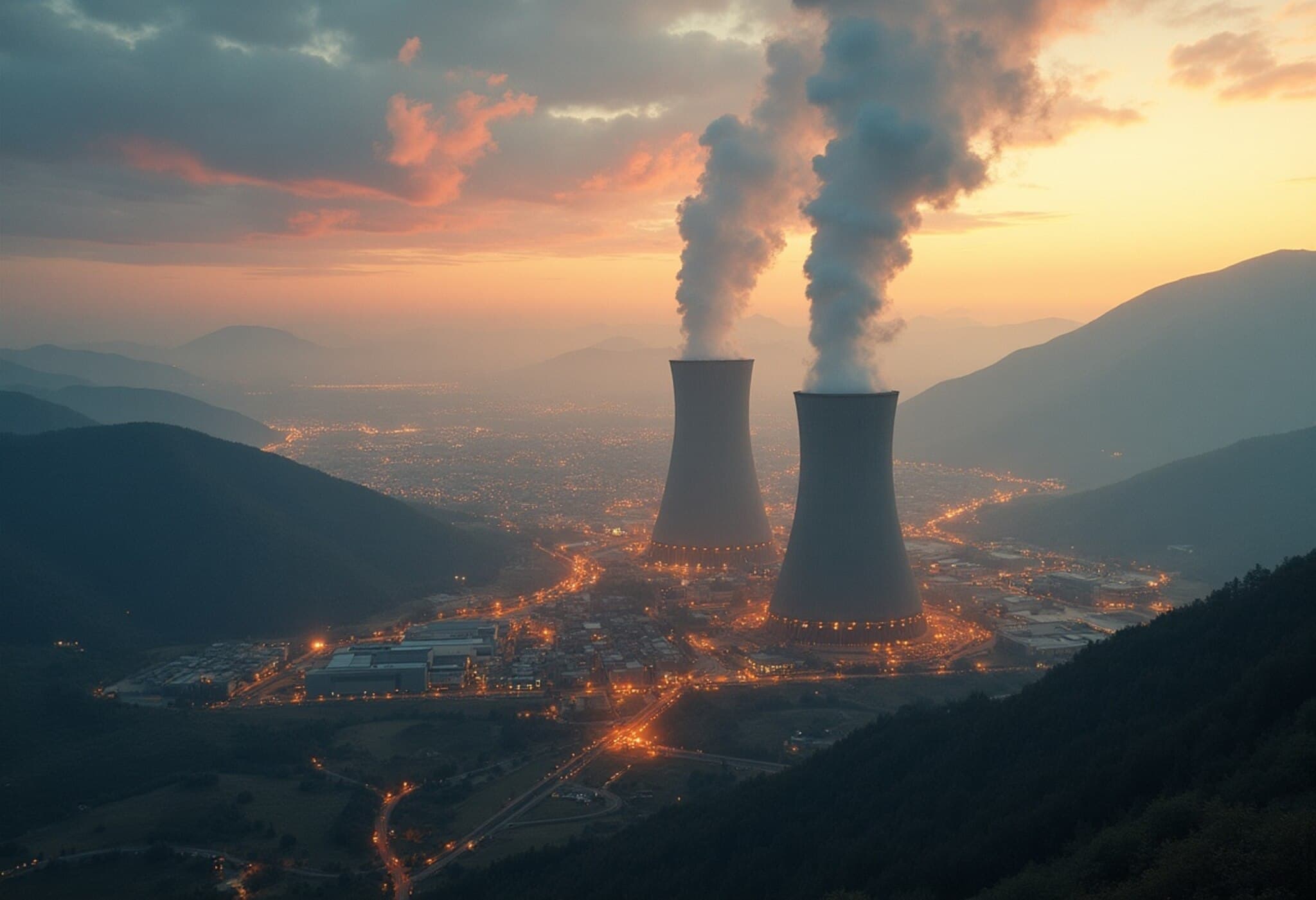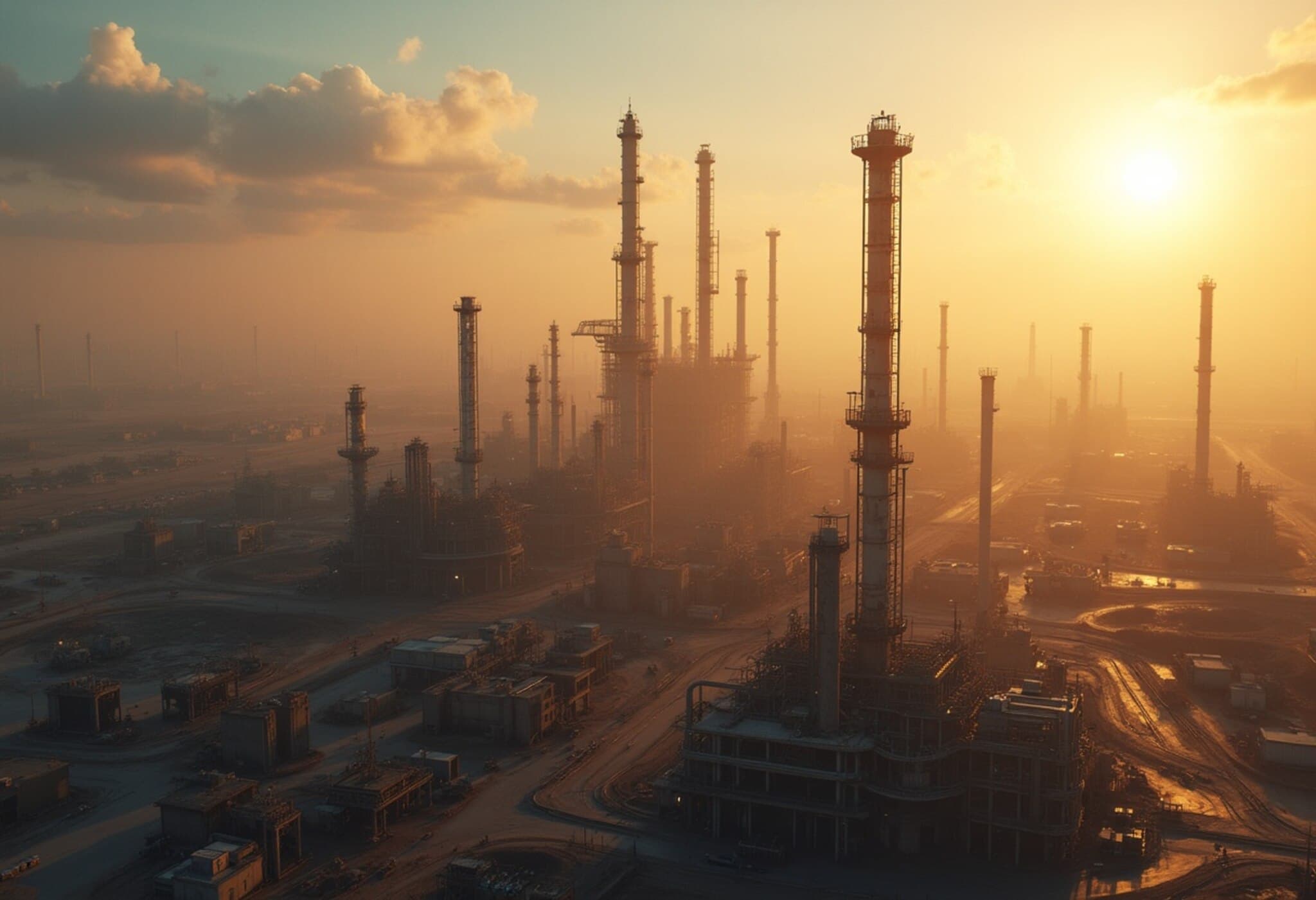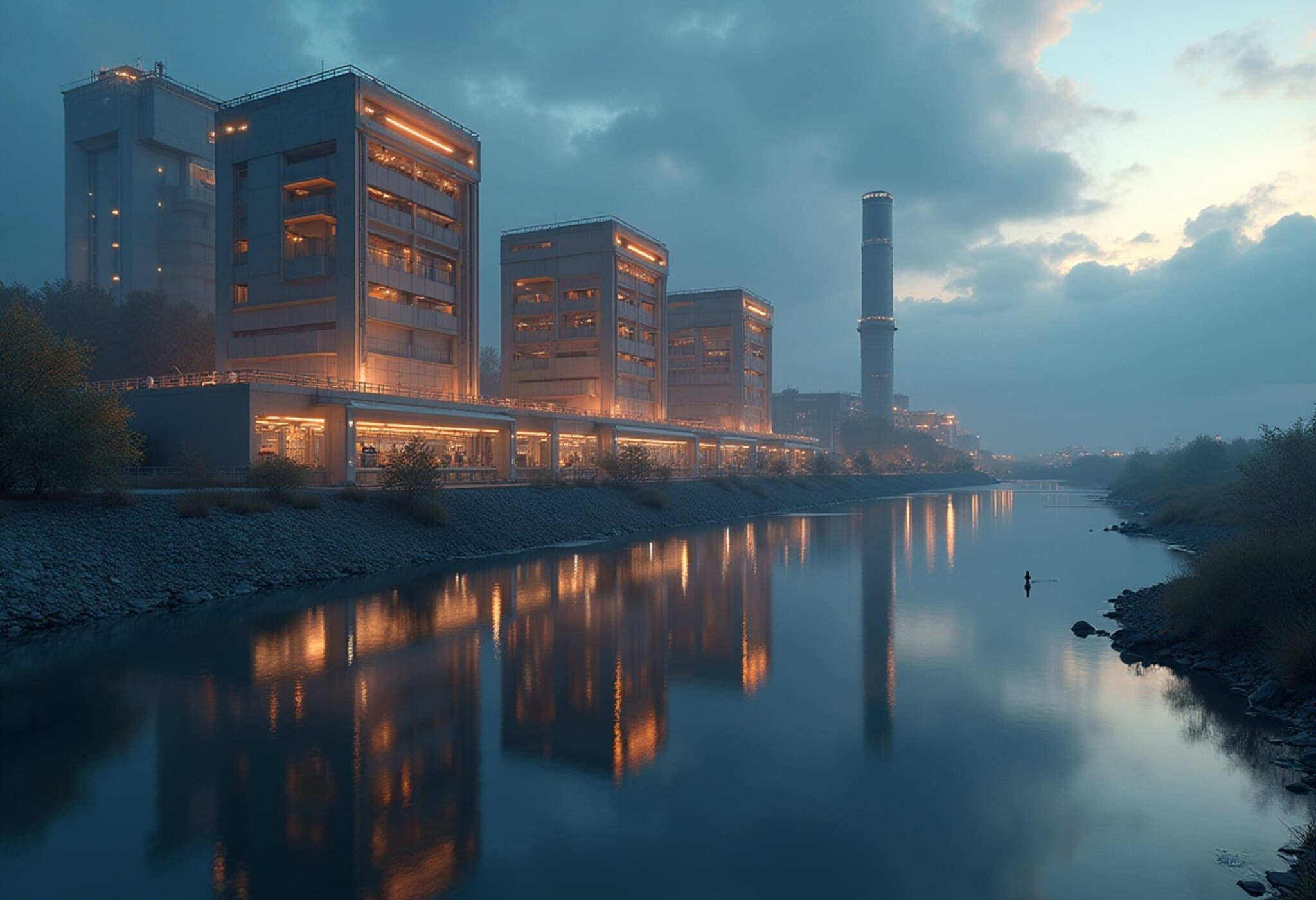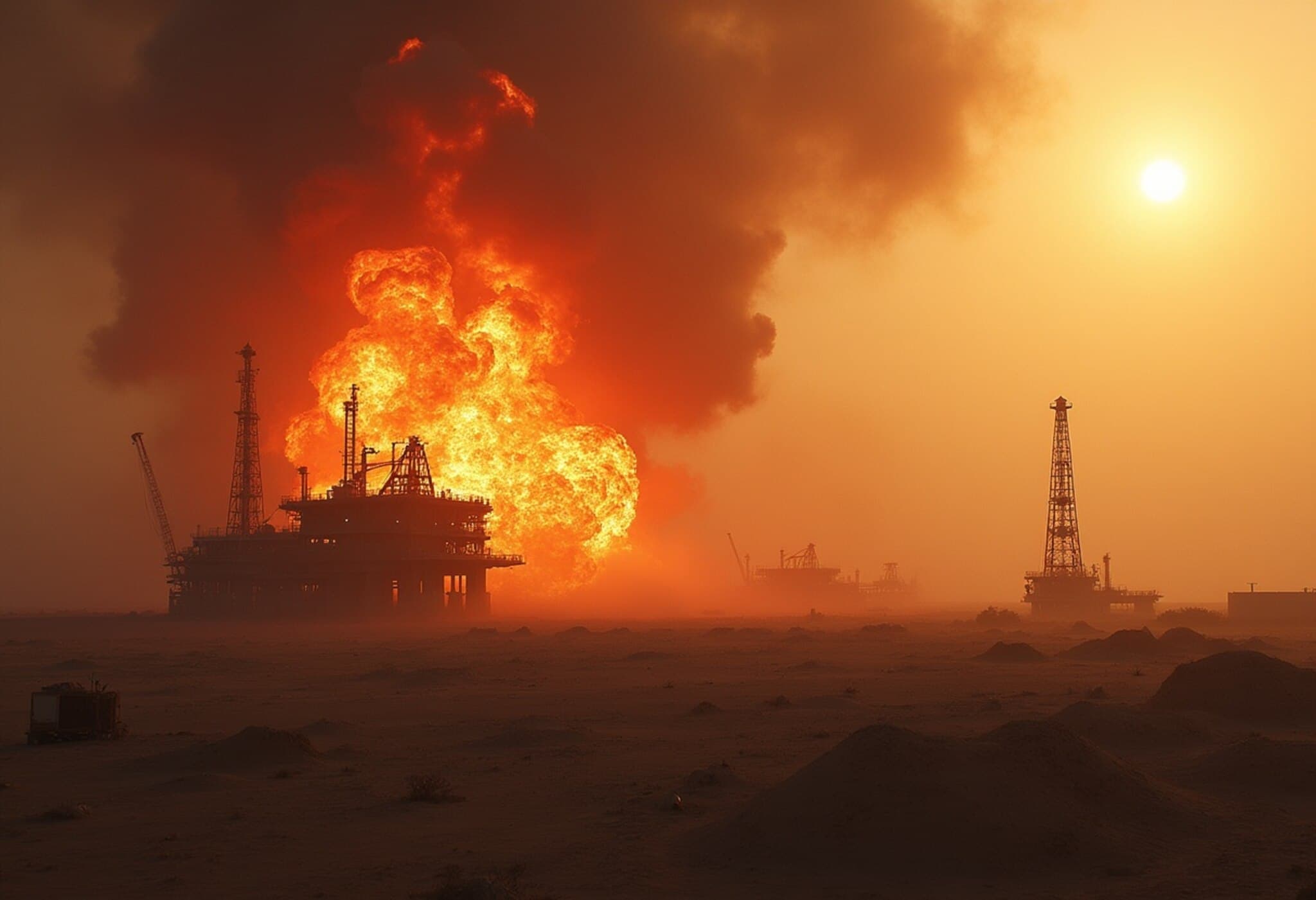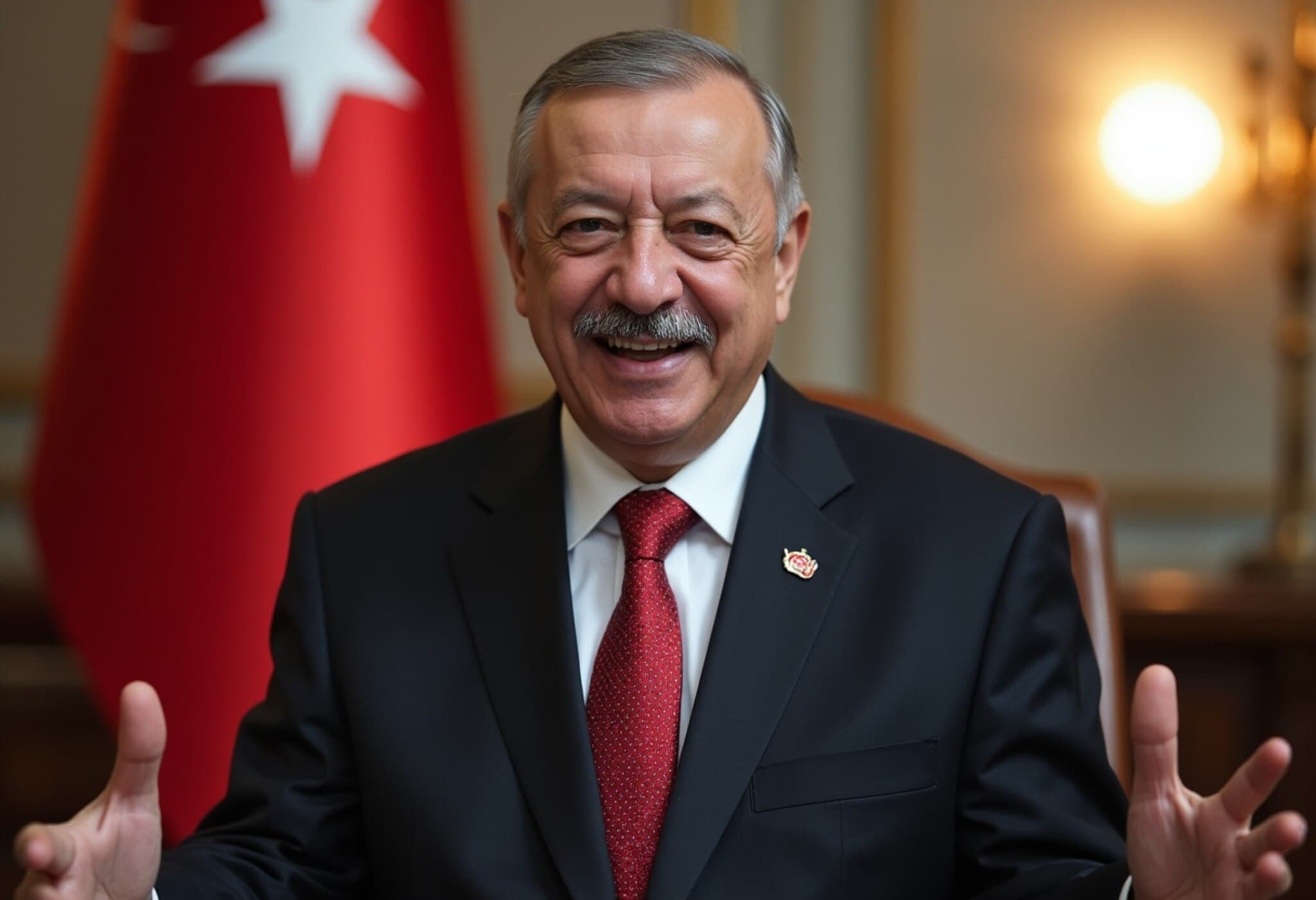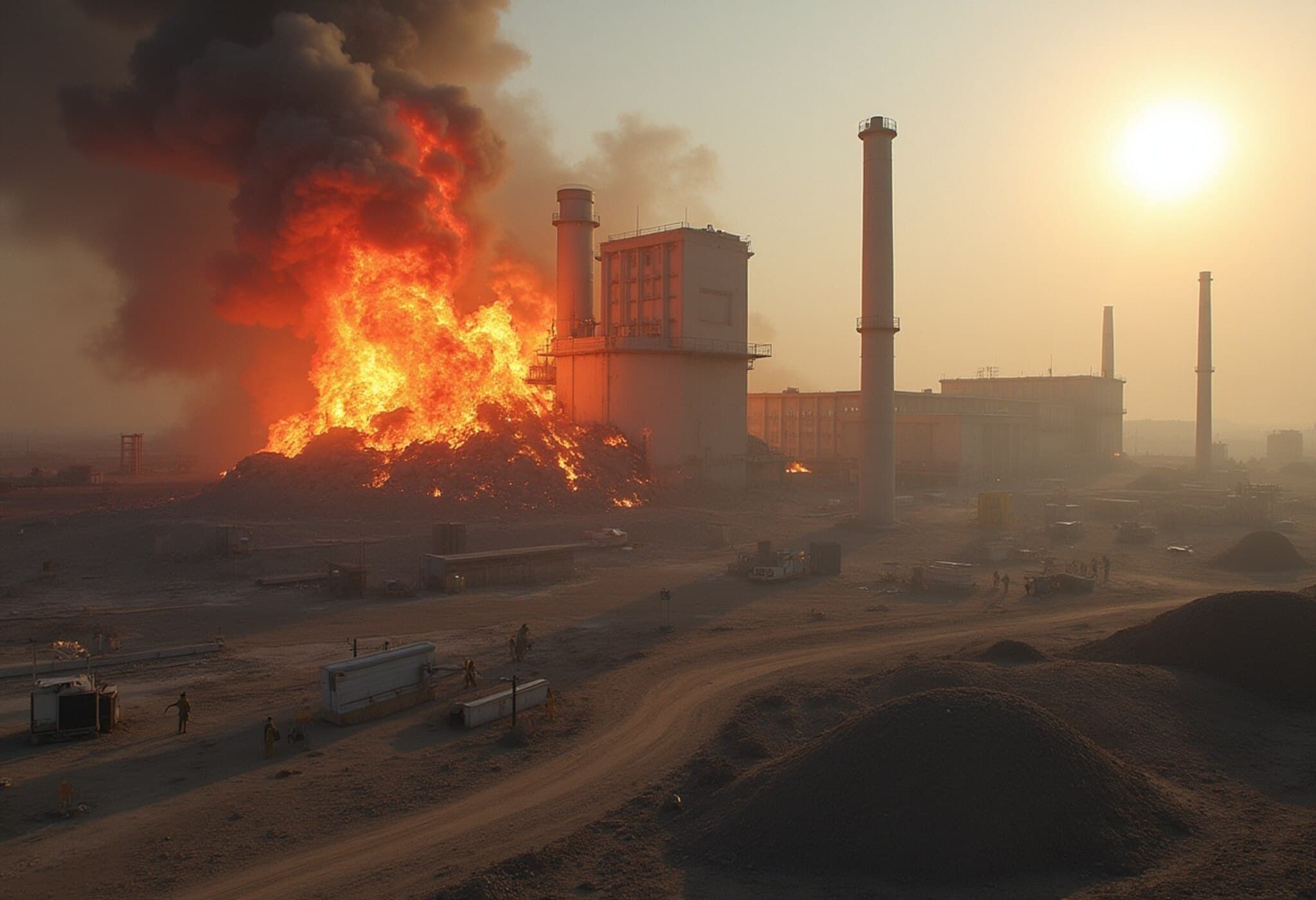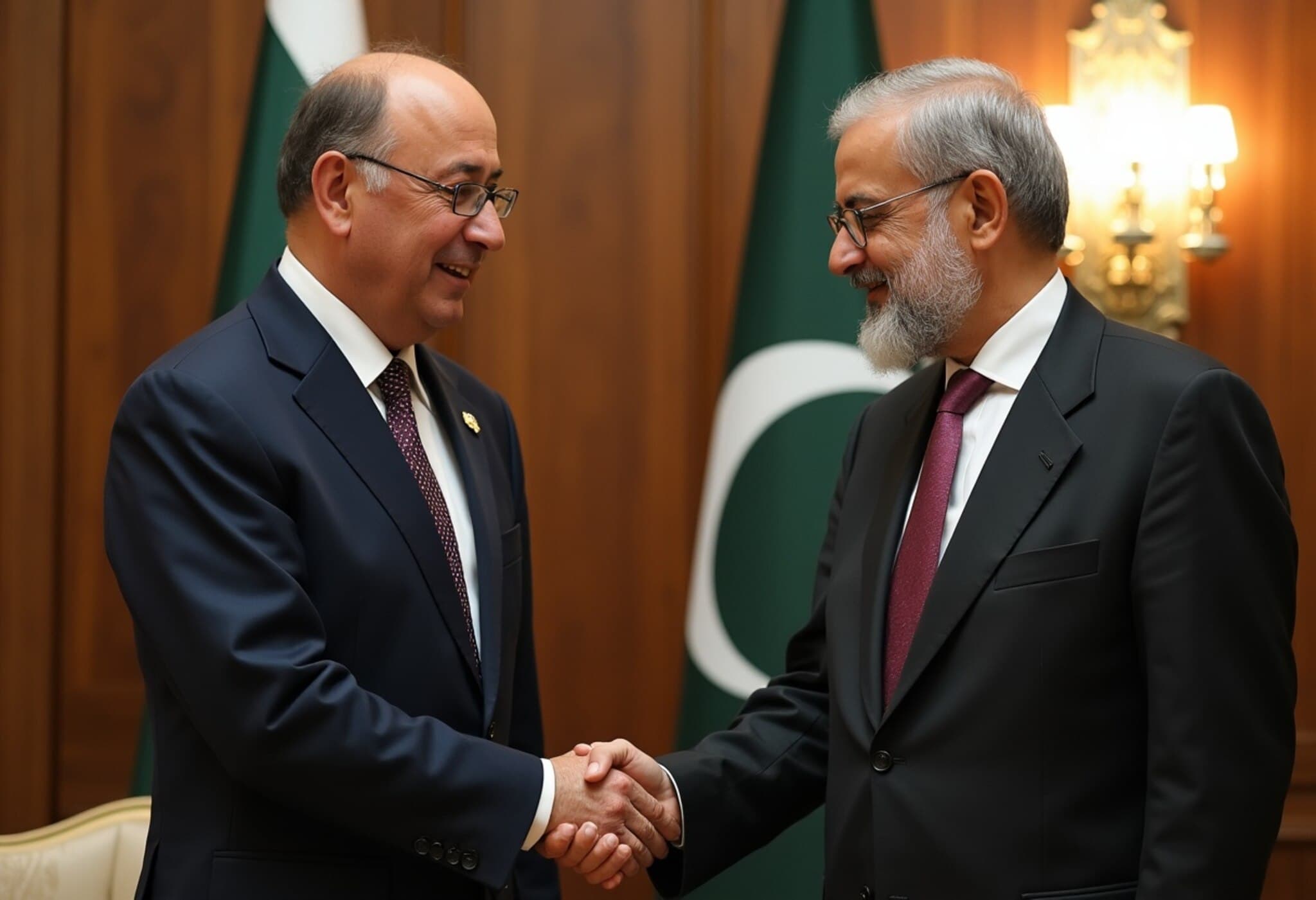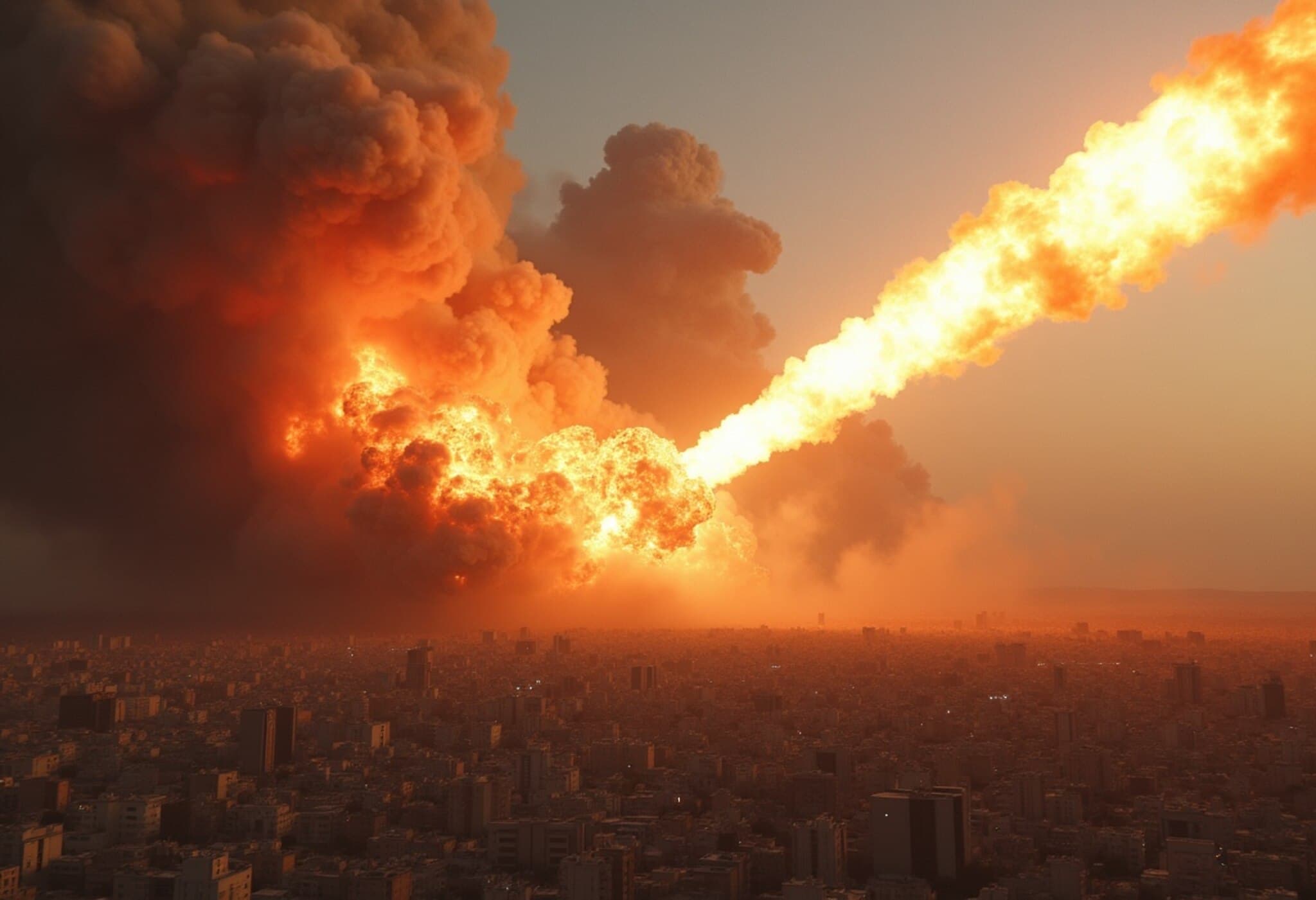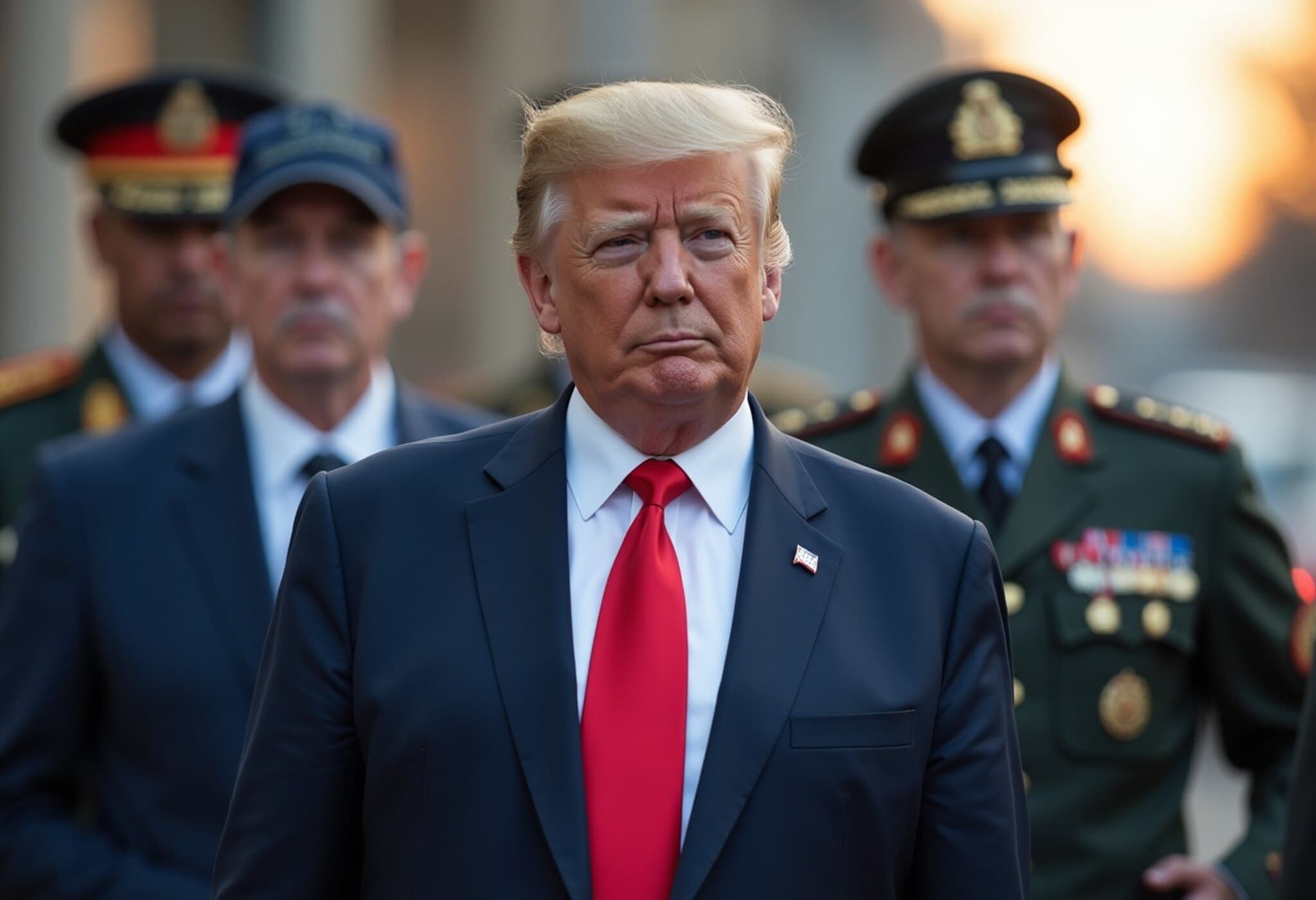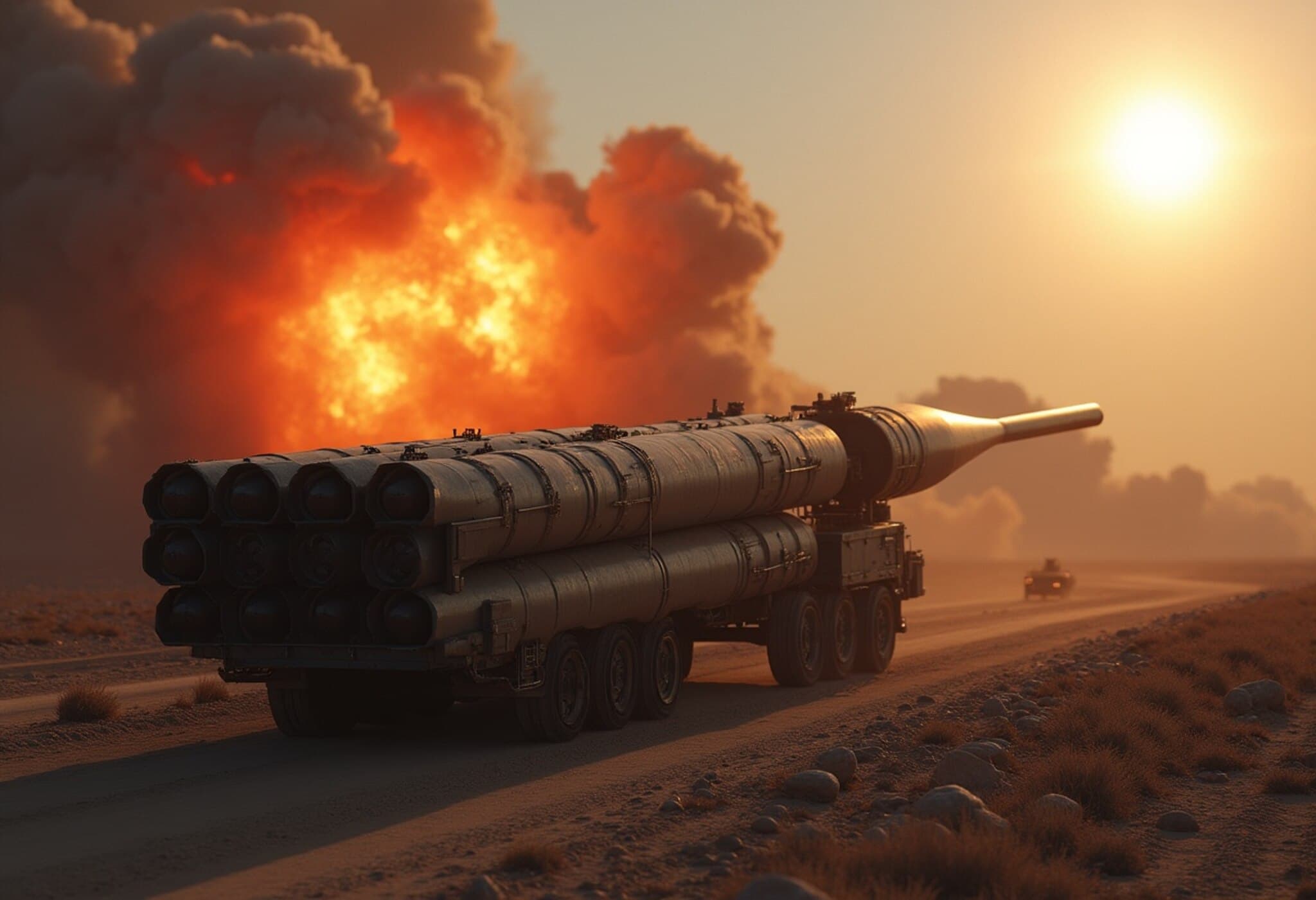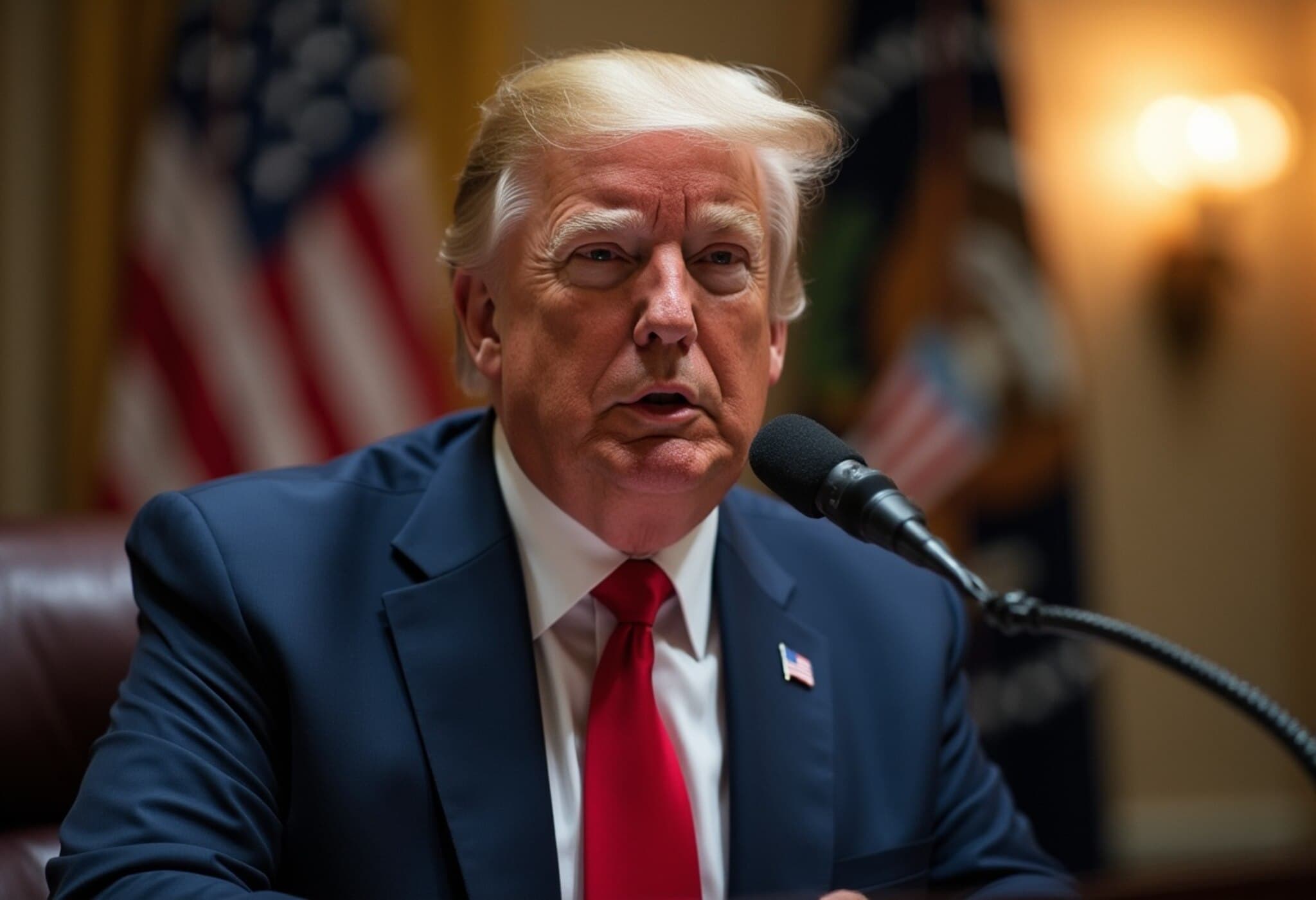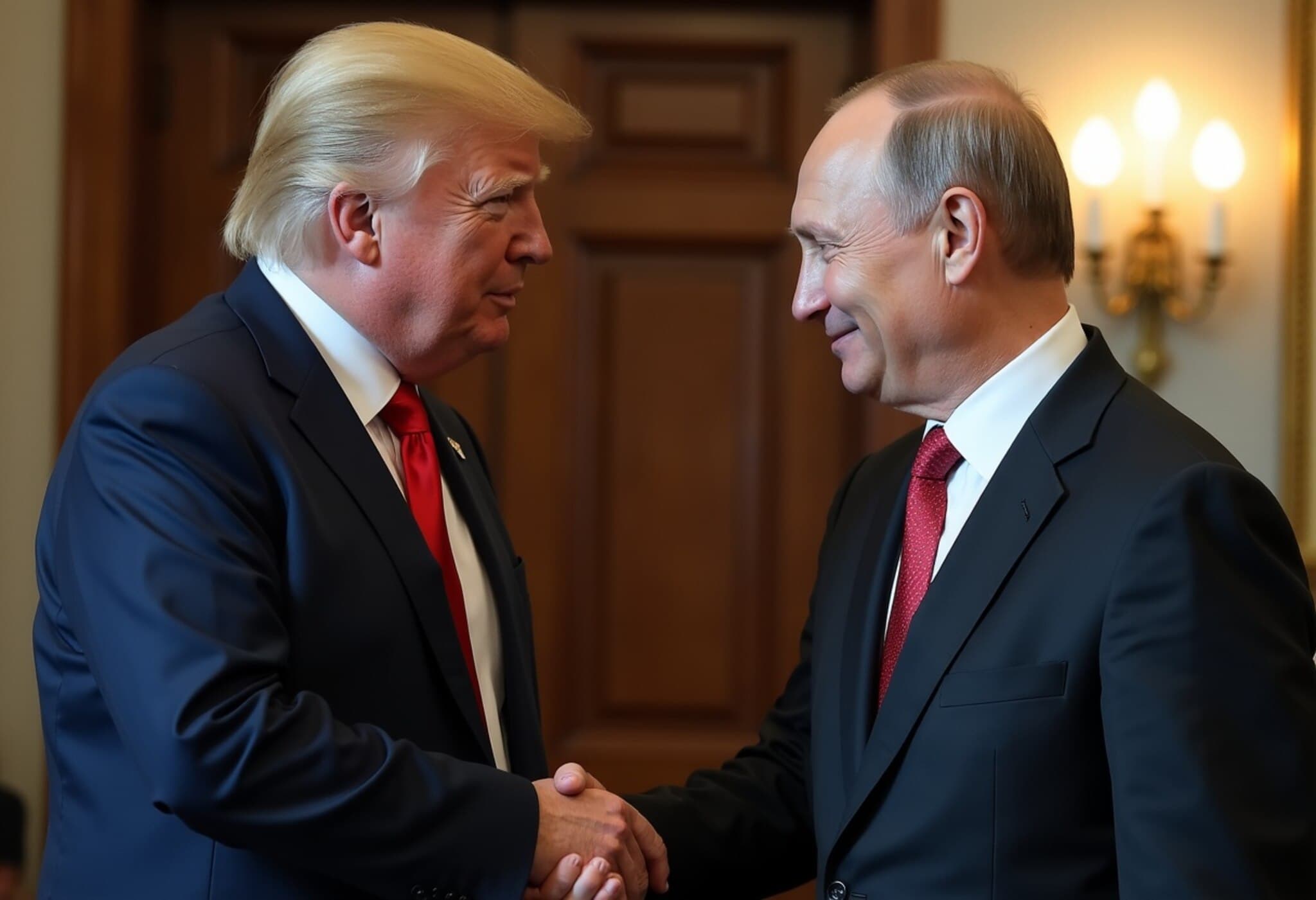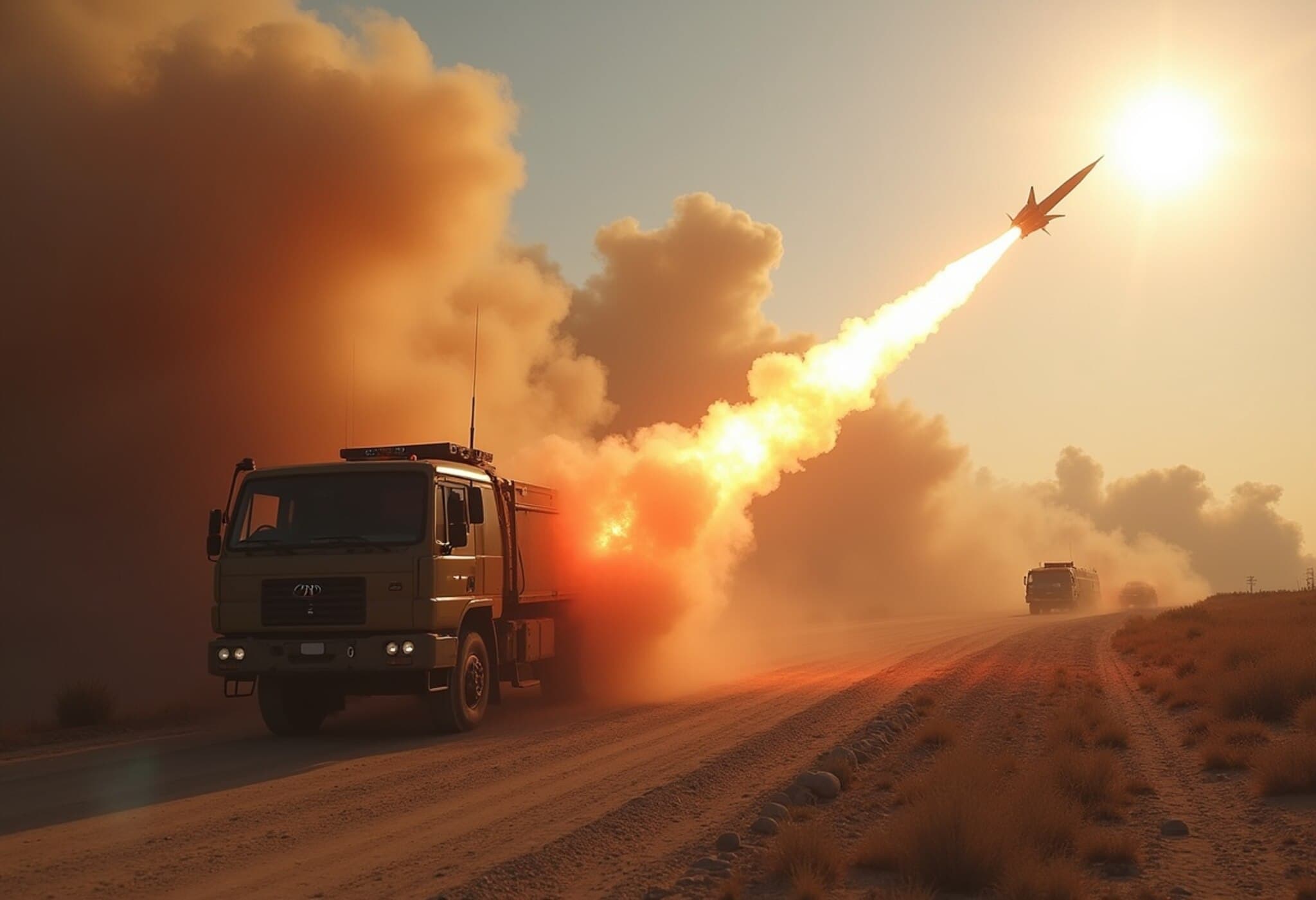Exploring Nations Using Nuclear Energy Peacefully
Nuclear technology serves dual roles—fueling power grids and powering weapons of mass destruction. However, many countries have embraced nuclear energy solely for peaceful purposes, consciously steering clear of nuclear armament. This approach underscores the possibility of benefiting from atomic energy while avoiding the escalations tied to weaponization.
Japan: A Commitment Rooted in History
As the only nation to endure atomic bombings during wartime, Japan has steadfastly upheld its Three Non-Nuclear Principles: no possession, no production, and no introduction of nuclear weapons. Instead, Japan relies on nuclear energy to meet its energy needs, focusing exclusively on peaceful applications that bolster its energy security.
South Korea: Nuclear Energy Without Weapons Ambitions
Under considerable diplomatic pressure, South Korea abandoned its nuclear weapons ambitions in the 1970s and solidified this stance with the 1992 Denuclearization Declaration. Today, nuclear power constitutes nearly 29% of its electricity generation, fueling development and growth while maintaining a clear distinction from nuclear armament.
Germany: From Nuclear Power to Complete Phase-Out
Germany has never developed nuclear weapons but participates in NATO’s nuclear sharing by hosting U.S. nuclear arms on its soil. Notably, after decades of reliance on nuclear energy, Germany completed its nuclear phase-out on April 15, 2023, shutting down its last three reactors and pivoting toward renewable sources.
Australia: Uranium Reserves Without Nuclear Plants
Home to nearly a third of the world’s uranium reserves, Australia has mined this resource commercially since 1954 but operates no nuclear power plants and has abstained from developing nuclear weapons.
While nuclear energy has been debated as an option for clean energy, it remains outside official policy. The recent AUKUS agreement involving the UK and US will see Australia acquire nuclear-powered submarines, marking a strategic shift without crossing into weapon development.
Brazil: Nuclear Power and a Non-Weapons Stance
Following the end of military rule in the 1990s, Brazil abandoned its nuclear weapons and missile programs. It operates a modest nuclear power program, with two reactors supplying about 3% of its electricity. The country is also constructing a nuclear-powered submarine, all while firmly renouncing nuclear, chemical, and biological weapons development.
Sweden: High Nuclear Energy Use, No Weapons Pursuit
Currently, nuclear power accounts for around 40% of Sweden’s electricity production. Despite brief post-World War II considerations to develop nuclear weapons, Sweden decisively chose disarmament and has maintained a solid anti-nuclear weapons stance ever since.
Switzerland: Peaceful Power and Disarmament Advocacy
Switzerland operates four nuclear reactors, generating roughly 40% of its national electricity. Though it once explored atomic weapons during the Cold War, those efforts were halted. Today, Switzerland champions nuclear non-proliferation and remains a non-nuclear weapons state dedicated to peaceful uses.
Balancing Atomic Energy and Global Security
These countries illustrate that nuclear technology does not inherently lead to weapons development. By focusing on peaceful applications and adhering to non-proliferation commitments, they demonstrate viable paths to harness atomic energy responsibly amid complex geopolitical landscapes.

